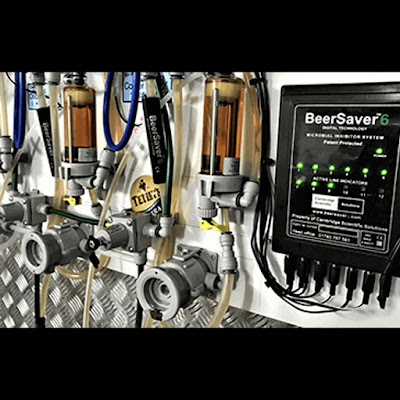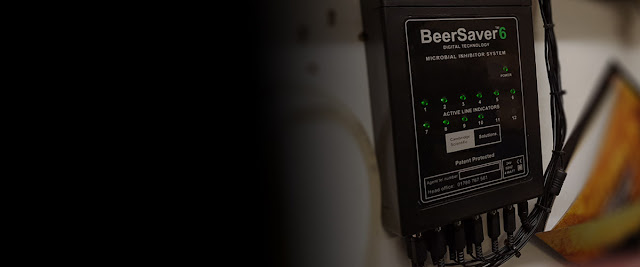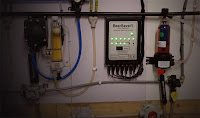The Importance of Keeping a Pub Cellar at the Correct Temperature
Keeping your pub cellar temperature at the right level is critical to the dispense of your beers. Your beer should be stored at 12°C (53.6°F). It is OK to go a degree or so either way, but above 13°C your cask beer will spoil. This is because the yeast required to cause secondary fermentation in the conditioning process will metabolise the sugars far too quickly causing a sour taste like vinegar, and very bitter flavour. It will also reduce the shelf life of the beer in much the same way as it would if you left a bottle of milk outside the fridge in the kitchen.
As far as keg beers are concerned, it will increase the risk of fobbing which makes it harder to pour and is very wasteful.
Your pub cellar temperature must not be too cold either. Too cold a temperature can cause the yeast to slow down or become inactive, slowing down the secondary fermentation and taking longer to develop the right flavours, if you get there at all. In both cask and keg beers it can cause a chill haze to form which ruins the look of the beer and can also increase fobbing. In this case it is because the CO2 in the beer has become trapped and won’t bubble out of the beer to form a head. However, when it hits the warm air in the bar the CO2 reacts badly and causes the beer to overflow from the glass and leave any that remains flat.
It is a good idea to place several thermometers in the cellar and check your pub cellar temperature at different times. If you are getting hotspots or uneven cooling, then the cooler may not be working correctly and should be checked by an engineer. You should also check it once a week to see if excessive ice is building up around it because it may be overworking, which is going to add to your electricity bill.
Furthermore, don’t put anything in the cellar like a fridge or freezer, because these generate heat and will also cause the cooler to overwork.




Comments
Post a Comment